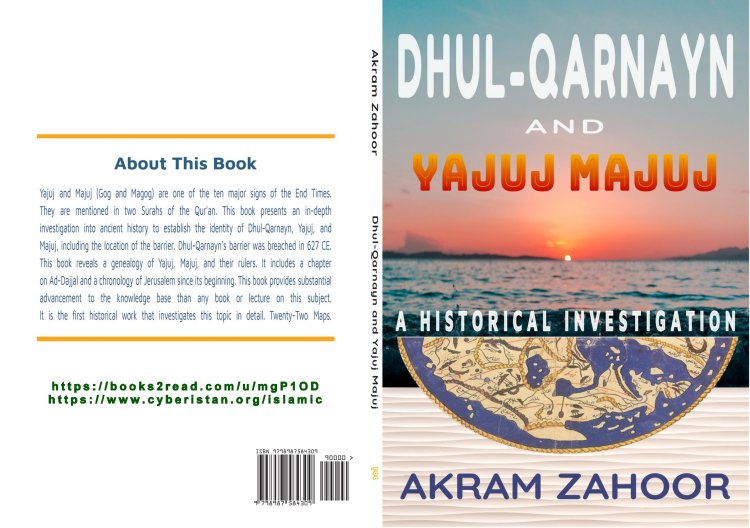![]()
![]()
Pandit Jawaharlal Nehru (India's Prime Minsiter 1947-64) in ‘The Discovery of India,’ 1946, p. 218, 225.
“The coming of Islam and of a considerable number of people from outside with different ways of living and thought affected these beliefs and structure. A foreign conquest, with all its evils, has one advantage: it widens the mental horizon of the people and compels them to look out of their shells. They realize that the world is a much bigger and a more variegated place than they had imagined. So the Afghan conquest had affected India and many changes had taken place. Even more so the Moghals, who were far more cultured and advanced in the ways of living than the Afghans, brought changes to India. In particular, they introduced the refinements for which Iran was famous.”
![]()
Dr. Pattabhi Sitaramayya, Presidential Address to the Fifty-fifth Session of the Indian Congress, Jaipur, 1948.
“(The Muslims had) enriched our culture, strengthened our administration, and brought near distant parts of the country... It (the Muslim Period) touched deeply the social life and the literature of the land.”
![]()
Humayun Kabir in 'The Indian Heritage,' 1955, p. 153.
“Islam's democratic challenge has perhaps never been equaled by any other religious or social system. Its advent on the Indian scene was marked by a profound stirring of consciousness. It modified the basis of Hindu social structure throughout northern India.”
![]()
N.S. Mehta, in 'Islam and the Indian Civilization,' reproduced in 'Hindustan ke Ahd-i-Wusta ki ek Jhalak,' by S.A. Rahman.
“Islam had brought to India a luminous torch which rescued humanity from darkness at a time when old civilizations were on the decline and lofty moral ideals had got reduced to empty intellectual concepts. As in other lands, so in India too, the conquests of Islam were more widespread in the world of thought than in the world of politics. Today, also, the Islamic World is a spiritual brotherhood which is held together by community of faith in the Oneness of God and human equality. Unfortunately, the history of Islam in this country remained tied up for centuries with that of government with the result that a veil was cast over its true spirit, and its fruits and blessings were hidden from the popular eye.”
![]()
Dr. Gustav le Bon in 'Les Civilisations de L'Inde' (translated by S.A. Bilgrami).
"There does not exist a history of ancient India. Their books contain no historical data whatever, except for a few religious books in which historical information is buried under a heap of parables and folk-lore, and their buildings and other monuments also do nothing to fill the void for the oldest among them do not go beyond the third century B.C. To discover facts about India of the ancient times is as difficult a task as the discovery of the island of Atlantis, which, according to Plato, was destroyed due to the changes of the earth... The historical phase of India began with the Muslim invasion. Muslims were India's first historians."
![]()
Sir William Digby in 'Prosperous India: A Revelation,' p. 30.
"England's industrial supremacy owes its origin to the vast hoards of Bengal and the Karnatik being made available for her use....Before Plassey was fought and won, and before the stream of treasure began to flow to England, the industries of our country were at a very low ebb."
![]()
Brooks Adams in 'The Law of Civilization and Decay,' London, 1898, pp. 313-17.
"Very soon after Plassey the Bengal plunder began to arrive in London, and the effect appears to have been instantaneous, for all authorities agree that the Industrial Revolution, the event that has divided the l9th century from all antecedent time, began with the year 1760....Plassey was fought in 1757, and probably nothing has ever equaled the rapidity of the change which followed....In themselves inventions are passive, many of the most important having laid dormant for centuries, waiting for a sufficient store of force to have accumulated to have set them working. That store must always take the shape of money, and money not hoarded, but in motion."...Before the influx of the Indian treasure, and the expansion of credit which followed, no force sufficient for this purpose existed...."
![]()
Muslims in India - An Overview
|
Copyright © 1990, 1997 Dr. Z. Haq
All Rights Reserved
http://cyberistan.org/islamic/quote4.htm
